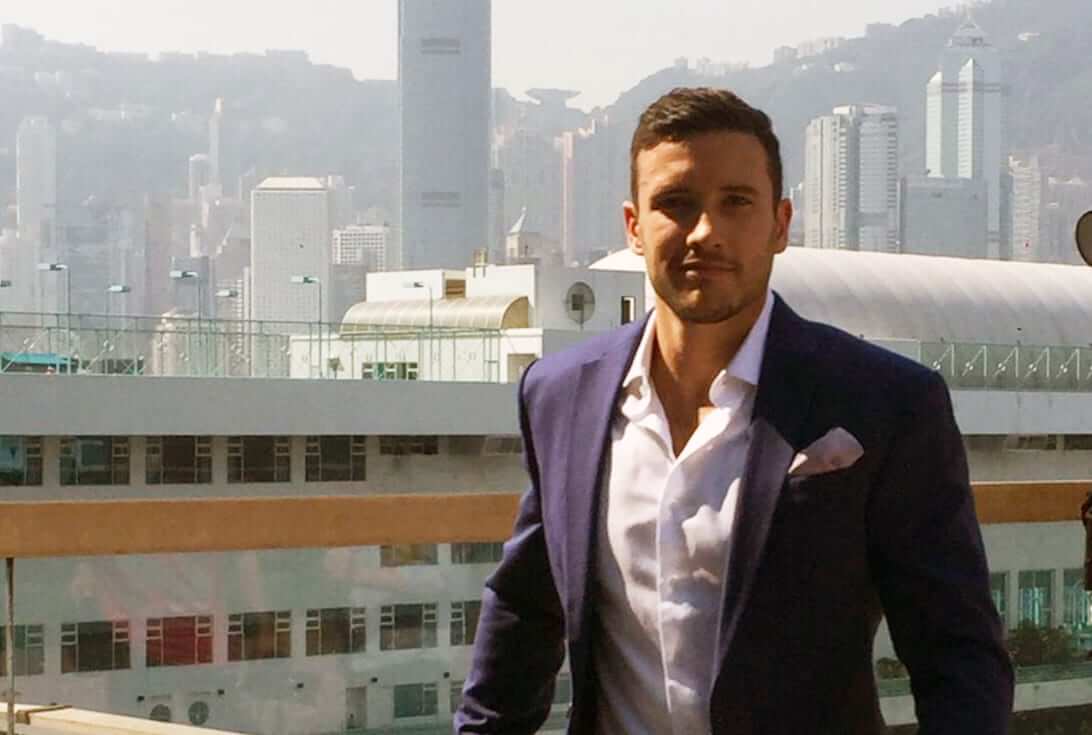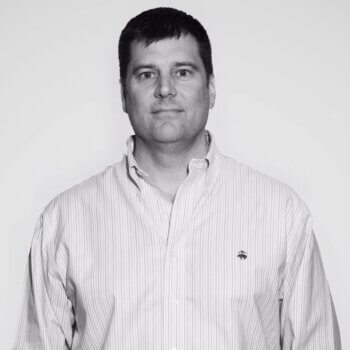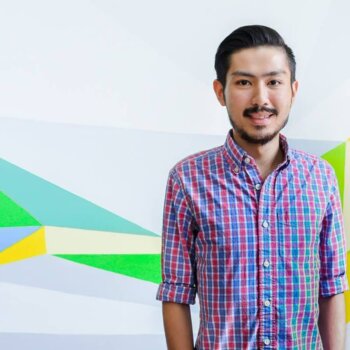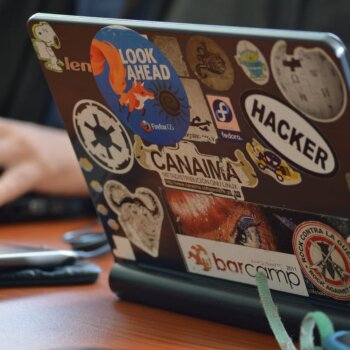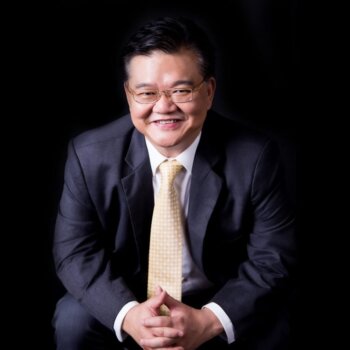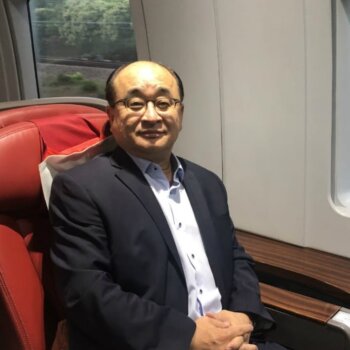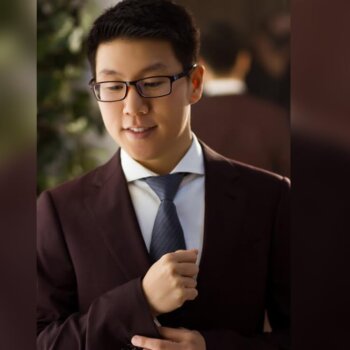Rhod Is Propelling The World Into A Sustainable Future
What’s your story?
In 2016 I was working for JP Morgan in Hong Kong and had a side business making kids toys in China. Inspired to go down the entrepreneurial route, I made the jump out of banking, gathered what I had learned about manufacturing, partnered with a friend (who’d left JPM to run a travel retail business), and formed a full-fledged sourcing and product development agency called, Market Source Asia.
Before long, we were creating retail products for some of the most recognizable brands in the world, and I, bizarrely, found myself launching products live on Russian television. We currently have a portfolio of our own e-commerce brands and have launched in the US and UK within the past year.
I learned that business is the best platform to elicit positive change and create an impact in the world, particularly with respect to the environment. I became fixated on which sustainable technologies were advancing and what materials could be possible to create, whilst also poking around in countless companies’ CSR statements. This led to the inception of Halo Impact in 2019. It is an innovative company creating eco-solutions and technologies to help solve some of the world’s biggest environmental challenges.
What excites you most about your industry?
The innovation and developments in materials technology are super encouraging. Never before in history has social entrepreneurship and “doing good” been so closely linked to a business’s economic success. Purpose and social responsibility are no longer a cost, they actually drive profit in many cases.
Everyone finally recognizes the environment needs saving. But emotions and common sense aside, the economic opportunity is now there for large companies too. Transitioning the world to a sustainable system and a “circular economy” has been reported to represent a $4.5 trillion dollar opportunity. So it is in their best fiscal interest for companies to make that shift. This also means that new technologies, innovations, and even new industries that truly help the planet are quickly emerging – and it is incredibly exciting to be a part of this movement.
What’s your connection to Asia?
I moved to Hong Kong from the UK in 2013 and haven’t really looked back.

Favorite city in Asia for business and why?
Hong Kong. It’s a vibrant intersection of where East meets West. It has an international reach but is also only a quick train ride from the phenomenal tech advancements in Shenzhen and the manufacturing powerhouses of Guangzhou, empowering optimal synergies.
What’s the best piece of advice you ever received?
Probably the 80/20 rule (Pareto Principle) – 80% of your results come from just 20% of your input/activities. This is useful when evaluating and prioritizing ongoing projects within your team. There’s a tendency when starting out, to just do everything and run in all sorts of directions.
Who inspires you?
People who have been able to really make a positive dent in the world. Elon Musk is an obvious one. Richard Branson has created a vehicle of enormous impact with his Virgin brand and he has had such a laugh while doing it. Blake Mycosie, Founder of TOMS shoes, succeeded with the one-for-one model, showed everyone that purpose and profits are closely linked and that companies need to have an inspiring why. Simon Sinek, author of “Start with Why.” I am inspired by lots of entrepreneurs really.
What have you just learned recently that blew you away?
The fact that Donald Trump can still do and say things that blow me away!
If you had your time again, what would you do differently?
Though a bit predictable, I wouldn’t change much. I find that I am enjoying the journey as I go, as opposed to only being focused on end goals. Plus, as Steve Jobs famously said, “You can’t connect the dots looking forward; you can only connect them looking backward. So you have to trust that the dots will somehow connect in your future. You have to trust in something – your gut, destiny, life, karma, whatever.” All things that may seem random at the time end up contributing to what you do or who you become in some form or another.
How do you unwind?
I practice Yoga and meditate in the morning, and do CrossFit-style workouts during the week. I try to get to the beach with friends (and my mini sausage dog) as often as possible on weekends.

Favorite Asian destination for relaxation? Why?
Bali. There’s so much to explore. Also, with a short trip over to Lombok island, you can essentially go back in time. Nothing else seems important, or exists really, other than the local sense of humor, surfing, and nature.
Everyone in business should read this book:
“Principles: Life & Work,” by Ray Dalio. He investigates the process of decision making extremely well.
Shameless plug for your business:
Halo Impact is a disruptive movement driving innovation, scientific breakthroughs, and global impact. We provide planet-saving solutions helping companies propel the world into a sustainable and circular future.
How can people connect with you?
Linkedin: https://www.linkedin.com/in/rhod-needham-1632555b/
—
This interview is part of the ‘Callum Connects’ series of more than 1000 interviews

Callum Laing is an entrepreneur and investor based in Singapore. He has previously started, built, and sold half a dozen businesses and is now a Partner at Unity-Group Private Equity and Co-Founder and CEO of MBH Corporation PLC. He is the author of three best-selling books ‘Progressive Partnerships’, ‘Agglomerate’, and ‘Entrepreneurial Investing’.
Connect with Callum on Twitter and LinkedIn
Download free copies of his books at www.callumlaing.com
